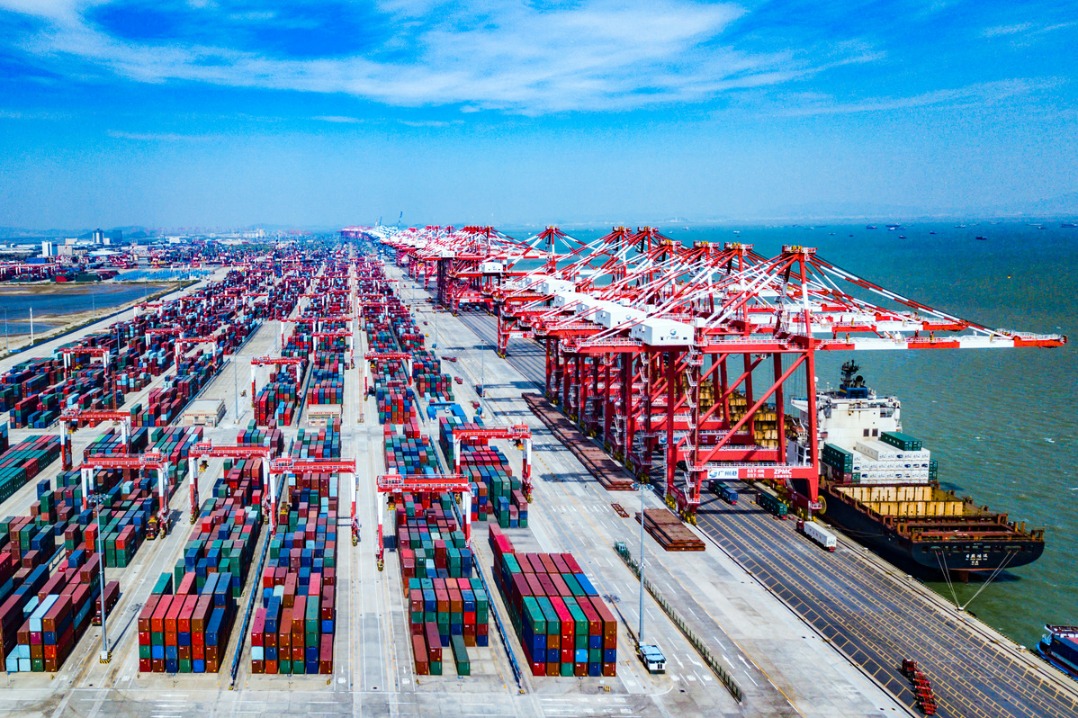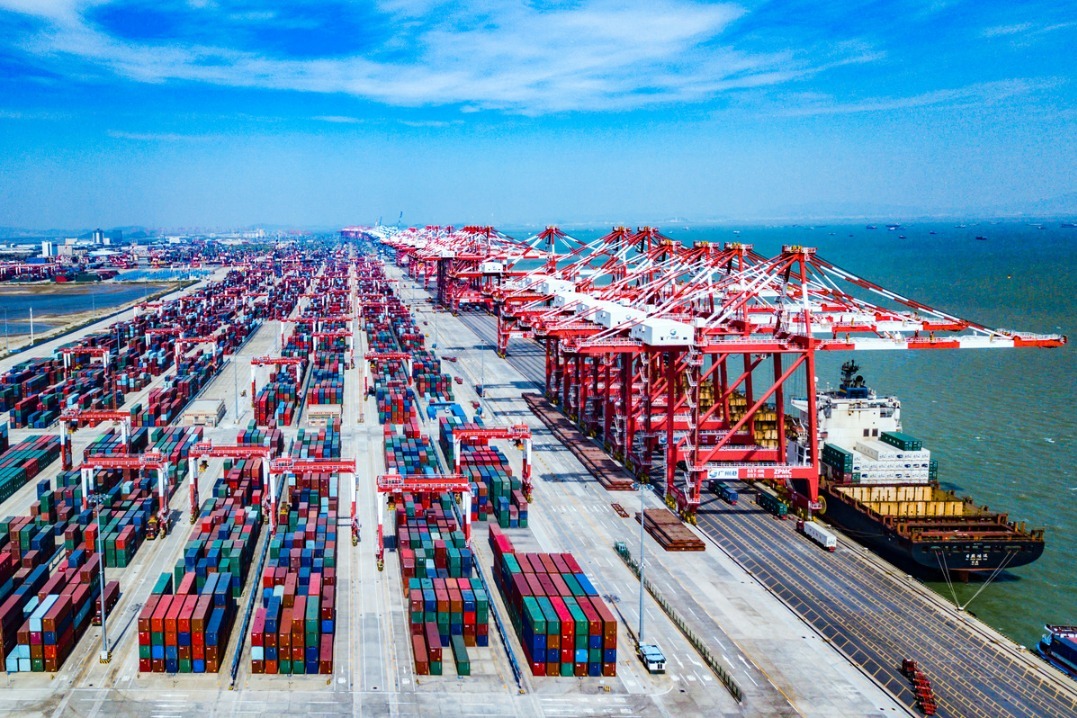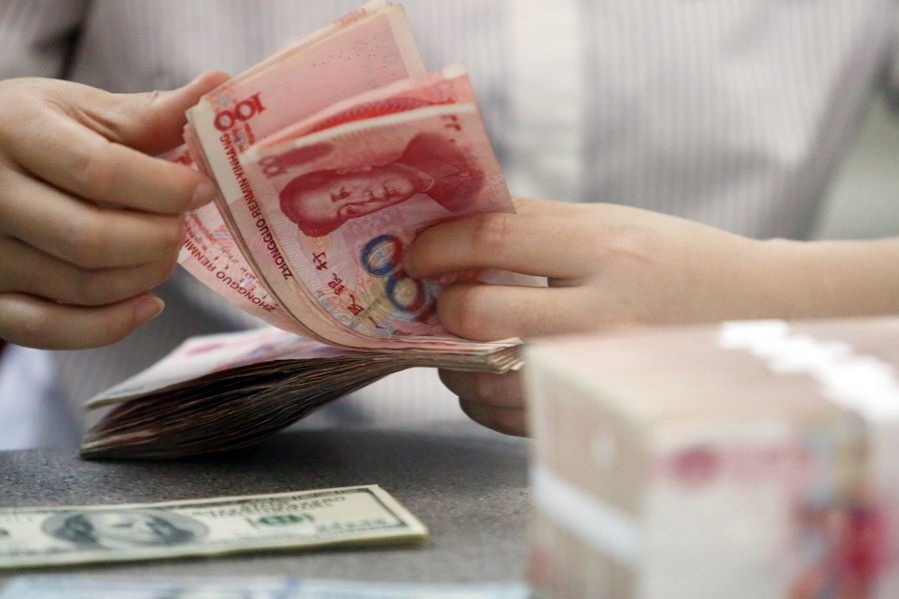A reckless Lai could lead Taiwan into disaster


Beijing has repeatedly warned that any declaration of "Taiwan independence" would lead to reunification of the island with the motherland by force. Given this fact, one wonders how the ruling Democratic Progressive Party, which advocates such independence, garners significant support from voters on the island. Do the Taiwan residents not fear being caught in the crossfire?
In fact, it's not that Taiwan residents are unafraid of any conflict, but rather, they do not believe that the DPP leaders will pursue a formal declaration of independence. Consequently, they perceive that even if the DPP is in power, it will not declare outright independence for the island, thereby giving no reason for Beijing to use force. However, the situation is more complex than it seems.
China's Anti-Secession Law, specifically Article 8, outlines three conditions in which the Chinese mainland could resort to non-peaceful means to realize reunification, namely: if the island's secessionist forces act under any name or by any means to cause the fact of Taiwan's secession from China, or if major incidents entailing Taiwan's secession from China should occur, or if the possibilities for a peaceful reunification should be completely exhausted.
Under the leadership of Lai Ching-te, the first two conditions may seem unlikely, but the third — the complete loss of the potential for peaceful reunification — is becoming increasingly evident. This trend has been discernible since Tsai Ing-wen took office as the leader of the island's authorities in 2016, leading mainland residents to question the feasibility of a peaceful resolution to the Taiwan question and growing support among them for more assertive approaches.
The likelihood of peaceful reunification will in all probability further diminish should Lai become the leader of the island, eventually leading to a point where the mainland perceives adhering to its preference for peaceful reunification as being untenable.
Similarly, the United States' support for the DPP and its continual undermining of the one-China principle are accelerating the disappearance of the possibility of peaceful reunification, and pushing Beijing toward the use of force to realize reunification.
The "Indo-Pacific" region remains a strategic focus for the US, and it is repeatedly playing the "Taiwan card" as part of its strategy for the region. Among its moves, the US military is supporting the DPP developing "asymmetric warfare capabilities" for the island to deter the mainland.
The US government has also been aiding the Tsai authorities in trying to ensure the island's "international participation", raising its "international image" and visibility to give the impression it is an independent country. It has also increased arms sales to Taiwan, and sent warships through the Taiwan Strait to show support for the island.
On the surface, the US efforts are to deter Beijing from resorting to military force, but they are likely to have the opposite effect, leading the central government to believe that the possibility of peaceful reunification has been completely lost.
It is also possible that the US' strategic objective is calculated to precipitate Beijing into using force, so that it can replicate the Ukraine conflict model in the Taiwan Strait, supporting Taiwan in a "proxy war" while also rallying allies to impose sanctions against the authorities on the Chinese mainland, disrupting the process of the rejuvenation of the Chinese nation. This possibility should not be taken lightly and guarded against.
The central government needs to expose the US' strategic manipulations and delusions regarding Taiwan, demonstrate its strategic patience and confidence, and emphasize that the pace and steps to resolve the Taiwan question are firmly in the hands of forces opposed to "Taiwan independence" on both sides of the Taiwan Strait.
The author is a senior researcher at the East Asian Institute, National University of Singapore.
If you have a specific expertise, or would like to share your thought about our stories, then send us your writings at opinion@chinadaily.com.cn, and comment@chinadaily.com.cn.































